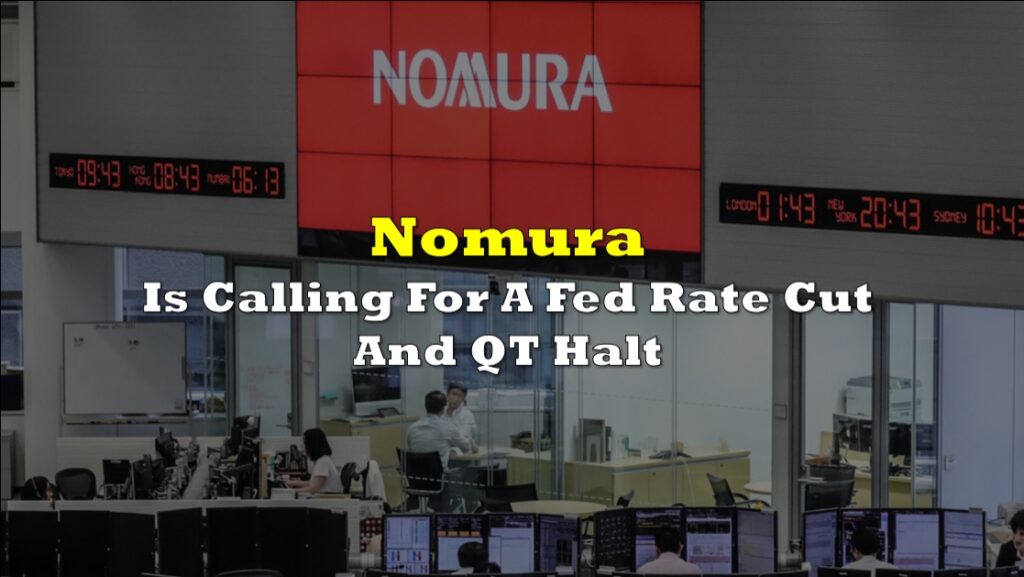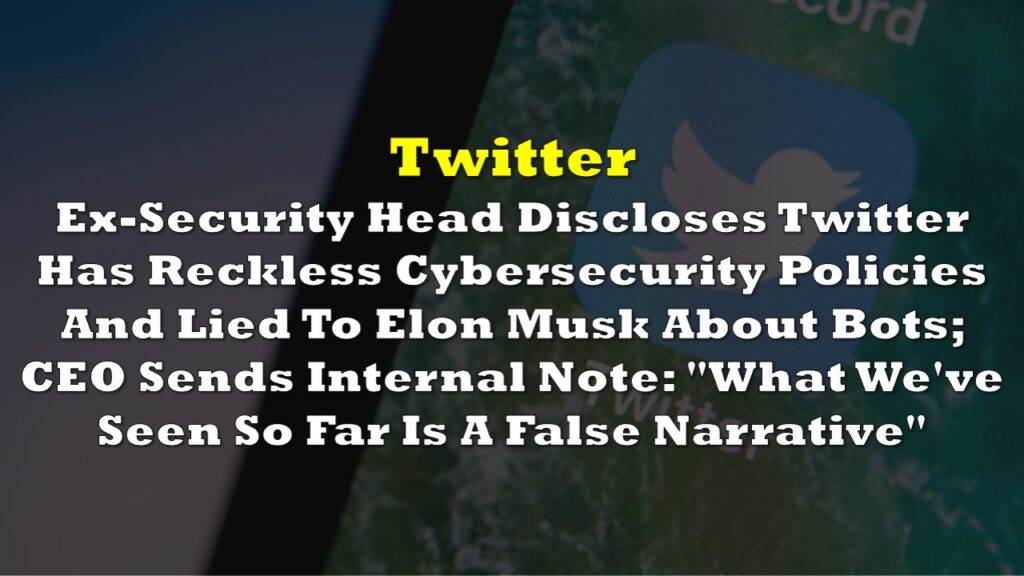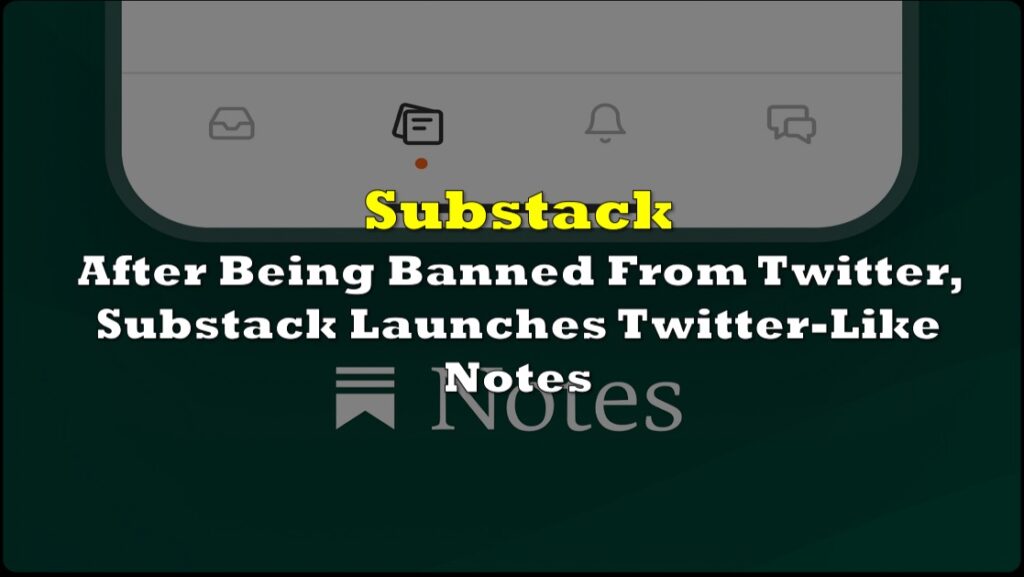The historic $42 billion bank run on Silicon Valley Bank was driven by a tweetstorm from concerned investors expressing fears over the bank’s financial stability, prompting its customers to withdraw their well-above-the-FDIC-limit funds so fast that within 36 hours the bank was on its knees.
This incident highlights the power of social media — in this case, Twitter — to shape public perception and influence financial markets.
YOU SHOULD BE ABSOLUTELY TERRIFIED RIGHT NOW — THAT IS THE PROPER REACTION TO A BANK RUN & CONTAGION @POTUS & @SecYellen MUST GET ON TV TOMORROW AND GUARANTEE ALL DEPOSITS UP TO $10M OR THIS WILL SPIRAL INTO CHAOS
— @jason (@Jason) March 12, 2023
While this isn’t new — there’s the meme stock rally of 2021 and the short-lived NFT boom — it just did not seem remotely likely for social media to fuel the shutdown of a 39-year-old financial institution, which could possibly spark a 2023 version of 1929.
Twitter owner Elon Musk sees the similarities, saying as much in a short reply to Ark Investment Management CEO Cathie Wood, who was complaining about how regulators failed to prevent the SVB collapse when it was “looming in plain sight.”
Lot of current year similarities to 1929
— Elon Musk (@elonmusk) March 15, 2023
The fear and danger do not end with SVB — even after the US government stepped in with a bailout. After all, bank runs tend to be contagious — as exemplified by the subsequent shut down of Signature Bank, and the struggles currently faced by First Republic Bank.
US House Financial Services Committee chairman Congressman Patrick McHenry has referred to the SVB collapse as “the first Twitter-fueled bank run.”
“What made the Silicon Valley Bank run unique was (1) the ease with which its customers could execute withdrawals and (2) the speed with which news of Silicon Valley Bank’s impending demise spread,” analyst Ben Thompson wrote last Monday. “It was the speed, fueled by zero distribution costs for both rumors and withdrawals, that was so destabilizing for an entity predicated on arbitraging time.”
Others argue that it was a “unique incident” — a case of Silicon Valley-style disruption disrupting itself.
“The last several days represent a unique incident fueled by misinformation on social media and are not indicative of the health of our industry,” Consumer Bankers Association president Lindsey Johnson argued in a statement.
Information for this briefing was found via CNN, the Guardian, Fortune, Twitter, Stratechery, and the sources and companies mentioned. The author has no securities or affiliations related to the organizations discussed. Not a recommendation to buy or sell. Always do additional research and consult a professional before purchasing a security. The author holds no licenses.








